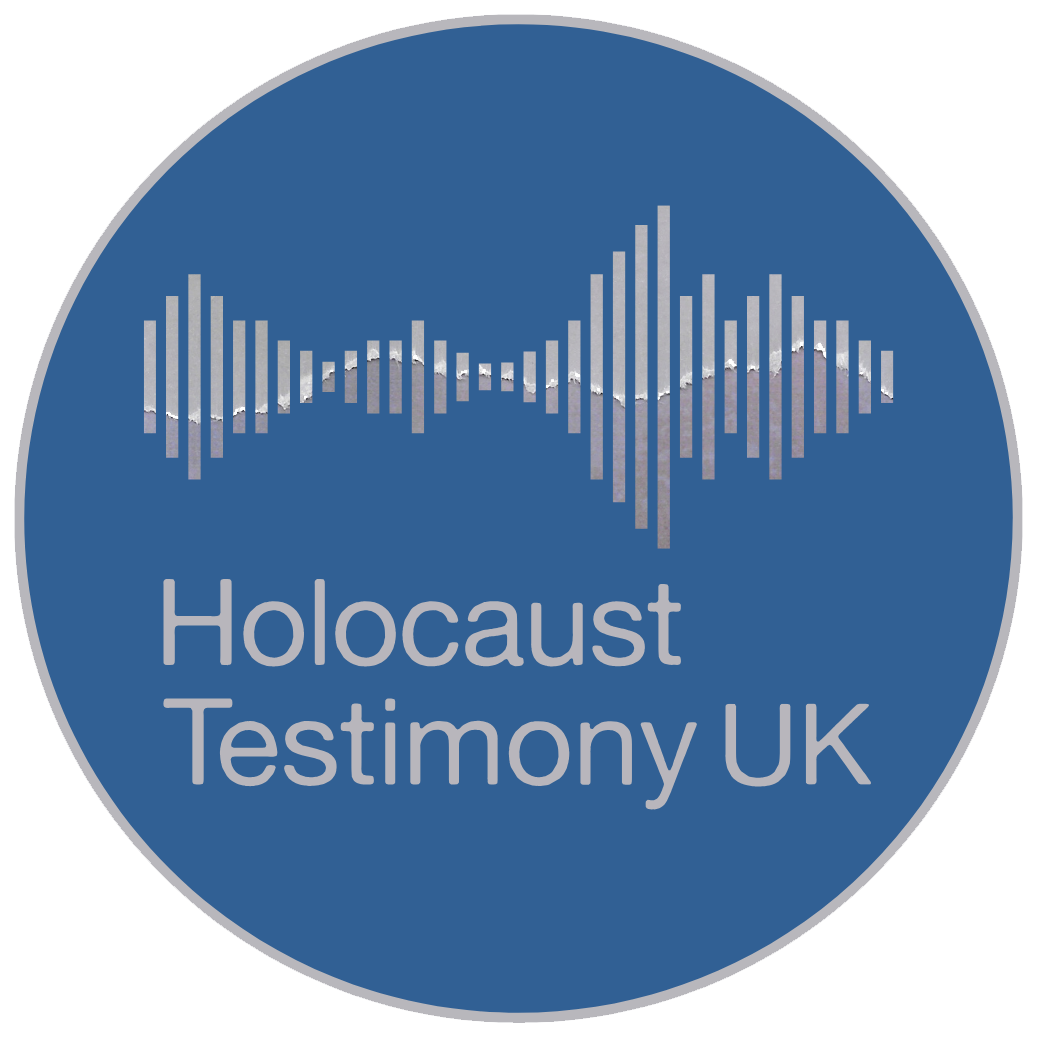<message>

Name
Born:
N/A
Place of Birth:
N/A
Date of Interview:
27/04/20
Place of Interview:
Interviewed by:
Name (Clickable)


It looks like this interview is hosted by one of our partners
Please click the link below to be redirected...
Visit Partner Website



INTERVIEW:
<name>
Born:
00/00/0000
Place of Birth:
Hilversum
<name>
Born:
00/00/0000
Place of Birth:
Institution:
<partnerName>
Collection:
Date of Interview:
27/04/20
Interviewed By:
Dr Bea Lewkowicz

Interview Summary
Martin Stern was born in the Netherlands in 1938 to a Jewish father and a non-Jewish mother, after they had fled Nazi Germany. Martin has few but happy memories of his parents pre-German occupation, when his father went in hiding. In November 1942, when his sister was born, Martin saw his father for the last time. Sadly, shortly after having given birth, his mother died of an infection and Martin stayed with a couple, Jo and Katrien Rademakers, who had looked after him. His sister was taken care of by a man who had been trained in Berlin by his grandfather. In spring 1944 Martin was arrested by two Dutch men in his nursery school and brought to the SD (Security Service of the SS) headquarters. Jo Rademakers was arrested and brought first to Vught concentration camp and then to Neuengamme concentration camp, where he died. It was never found out who had denounced him. Martin's father was caught on one of the farms where he had been hiding and he was sent to Auschwitz. He is recorded to have died on 25thMarch 1945 in Buchenwald. Martin was brought to Westerbork concentration camp. He remembers scant food, boys he played with and a young man who taught them the Hebrew alphabet. In late July 1944 Martin was transferred from Westerbork to Theresienstadt. On the train he met his sister again and the woman who had been taking care of her. When they arrived in Theresienstadt, a certain Ms De Jong picked them up and they stayed with her until they were liberated. When she worked in the kitchen, someone else looked after his sister and Martin was often left on his own. He has clear memories of Theresienstadt, like the Red Cross visiting, queueing for food rations, prisoners from Auschwitz arriving and Russian soldiers afraid of catching typhus when they liberated the camp. After their liberation, Martin and his sister returned to Amsterdam and weren't allowed to stay with Ms De Jong. The Bangma family, who had hidden his sister before, became their carers (Martin had stayed for a short while with Ms Rademakers). The Bangmas favoured his sister but didn't care so much for Martin. They also blocked contact with the Jewish community in Ijmuiden. When they moved to Santpoort, Martin attended a very good school. The death of the old lady (1948), coincided with his uncle asking for the children to come and live with his family. He was their father's older brother and lived in Israel. At the same time, an aunt, who lived in Manchester, also claimed the children. This is where they finally ended up. This additional transition was not easy. Martin attended a boarding school which he left on his insistence because of anti-Semitism. After that he attended Manchester Grammar School and went on to Oxford university where he had a scholarship for medicine. His Manchester family kept the High holidays and Pesach but it was only when Martin was in his fifties that he visited a synagogue, as he had felt an aversion to religion before. He feels now drawn to Orthodox Judaism. His sister, Erika Stern, returned to the Netherlands and worked as a teacher but also studied and practiced Freudian gestalt therapy. The impact of his childhood trauma (lacking continuity of care-givers for example or not being able to play and socialise with other children) has meant Martin has often struggled with relationships, a handicap in the working world. He has joined Holocaust Survivor groups where he feels more confident, as behaviour different from the norm is accepted. Martin found fulfilment in his work as immunologist, specialised in asthma and research in related areas. As his wife is not Jewish, his three children did not have a religious upbringing. He received an MBE for his Holocaust work, and he is a member of the Child Survivor Association of GB. His message to young people he meets at his school visits is: learn history, if you want to get things right. He also promotes resilience: "for every bad person there is in the world there is also a good person". Key words: Albert Stern (grandfather), 'Graumann und Stern'. Berlin. Amsterdam. Westerbork. Theresienstadt. Jo and Katrien Rademakers. Katarina de Jong (Cassuto). Bangma. Vondelschool. Manchester. Israel. Manchester Grammar School. Oxford. Dundee. Child Survivor Association of Great Britain.


